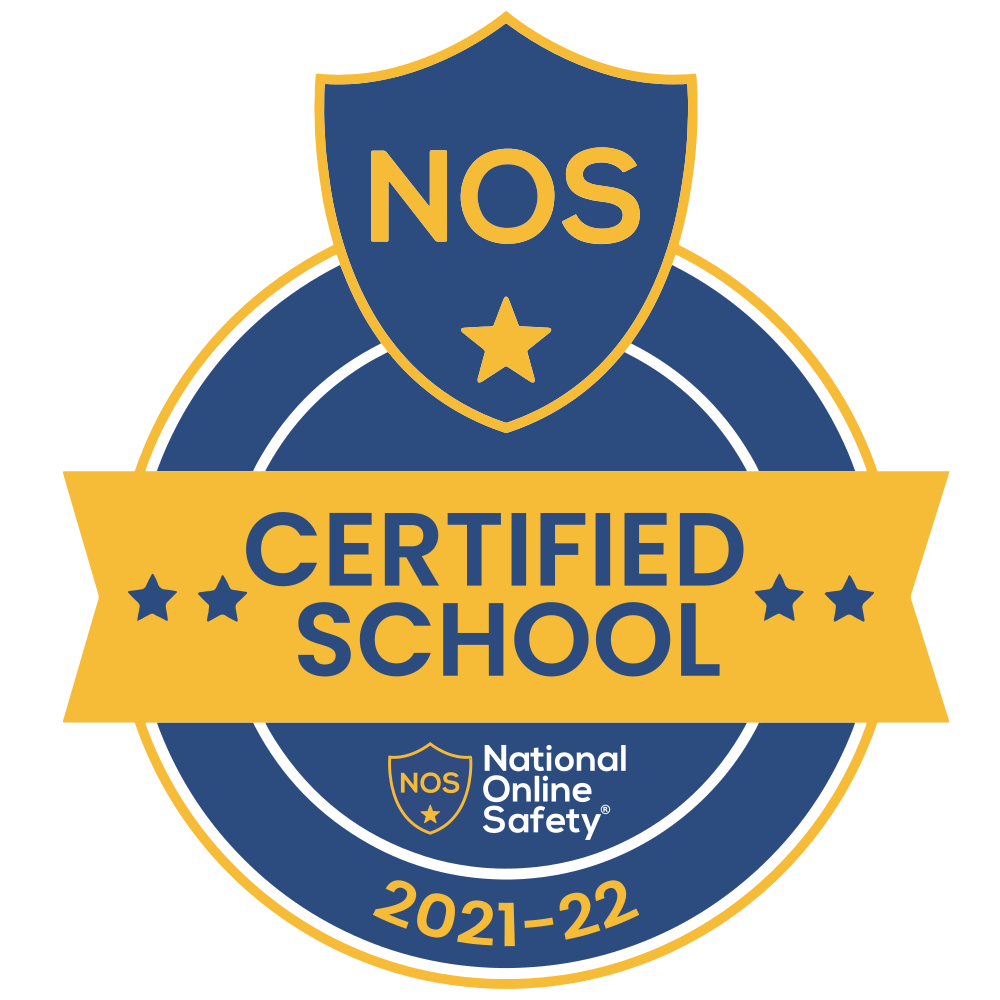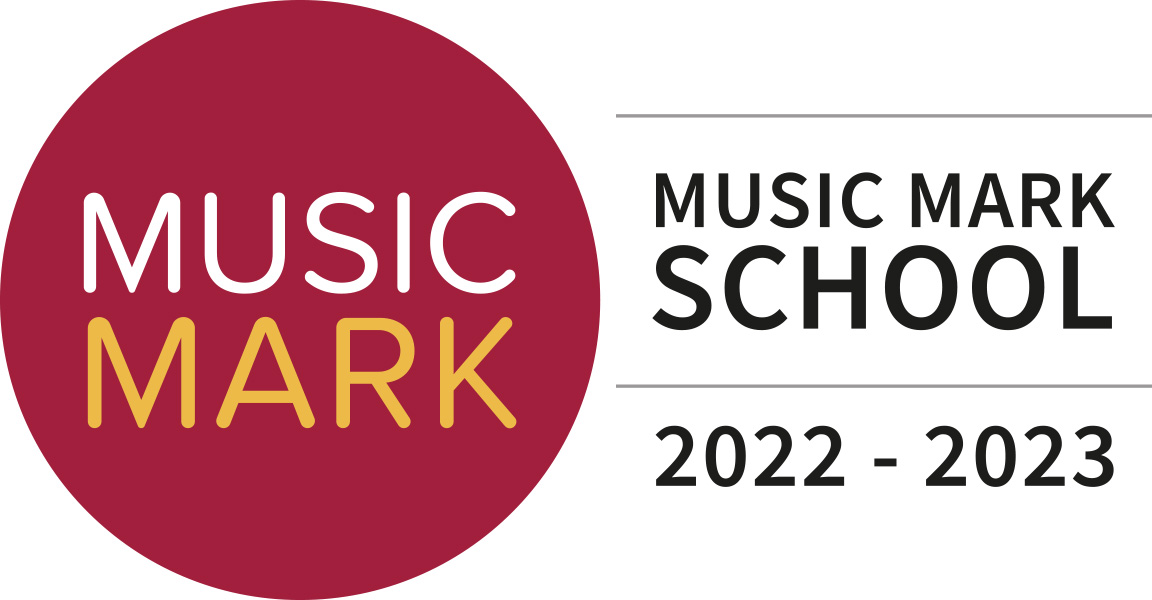Year Six
MEET THE TEAM



Darryl Crawley, Alison Hutley & Becki Wattis
Year Six Teachers
ABOUT
Pupils continue to be taught subjects linked across our Explore, Discover and Create themes, with a growing focus on developing their competency in each subject. They are able to produce more sustained pieces of writing and to apply knowledge used in a variety of subject areas to solve problems or justify opinions. Swimming continues to be taught formally to the children who did not meet the required length in Year 5.
USEFUL DOCUMENTS
THIS YEAR WE ARE LEARNING
Art & Design
Painting/Collage - Rainforests
- Explore the work of Henri Rousseau
- Mix and match colours to create atmosphere and light effects
- Identify primary, secondary, complementary and contrasting colours. Work with complementary colours
- Add collage to a painted and drawn background
- Use different techniques, colours and textures when designing and making pieces
- Use collage as a means of extending work from initial ideas.
Drawing - The Home Front
- Explore artist that use perspective in their work
- Use simple perspective using a single focal point and a horizon.
- Develop an awareness of composition, scale and proportion in their work
Textiles - Legacy
- Explore fashion designers and how they sketch out ideas before they create garments.
- Use fabric to create 3D structures
- Use different grades of threads and needles
- Experiment with batik
- Experiment with a range of media to overlap and layer creating interesting colours and textures
- Create a wearable garment.
Computing
Programming: Python
- Learning the fundamentals of the programming language of Python, they will test, change and explain what their program does. Children use loops and explain what repeats do and what the parts of the loop do while recognising that computers choose random numbers and decompose the program into an algorithm.
Coding: Bletchley Park
- Discovering the history of Bletchley Park, historical figures, and computer science. Children learn about code-breaking and password hacking as well as decoding messages. Children present information about historical figures.
Computing Showcase
- Designing a new electronic product and using CAD software to design appropriate housing for it. Developing skills in website design, video editing, and persuasive language to promote their product. Evaluating and adapting existing code, debugging programs, and searching for accurate information online.
Design Technology
- Food: Culture and Seasonality
- Structures: Frame Structures
- Electrical Systems: Monitoring and Control
English
Writing
- Fantasy Story
- Adventure Story
- Non-chronological Report
- Balanced Argument
- Historical Story
- Mystery Story
- Recount
- Persuasive Advert
- Traditional Tale
- Sci-fi Story
- Poetry
- Biography
- Persuasive Letter
Reading
- The Silk Roads
- Inspirational Women
- Rainforests
- Shakespeare
- Armistice Day
- Diversity & Equality
- Christmas
- Crime & Punishment
- Spooky Stories
- War and Peace
- Classics
- Influential People
- Adventure
- I am who I am
- Author study
- Feelings & Friendship
French
- The Date
- What is the weather?
- Do you have a pet?
- My home
- At school
- At the weekend
Geography
- Trade/the Silk Roads
- Rainforests
History
The Home Front
- Why did Britain have to go to war in 1939?
- Why was it necessary for children to be evacuated and what was evacuation really like?
- How was Britain able to stand firm against the German threat?
- How did people manage to carry on normal life during the war, and how do we know?
- Why is it so difficult to be sure what life on the Home Front was really like?
- What was VE day really like?
The Vikings
- What image do we have of the Vikings?
- Why have Vikings gained such a bad reputation?
- How did the Vikings try to take over the country, and how close did they get?
- How has recent excavations changed our view of the Vikings?
- What can we learn about Viking settlement from a study of place-name endings?
- Raider or settlers? How should we remember the Vikings?
Maths
Autumn Term
- Place Value
- Addition, Subtraction, Multiplication & Division
- Fractions
- Converting Units
Spring Term
- Ratio
- Algebra
- Decimals
- Fractions, Decimals and Percentages
- Area, Perimeter and Volume
- Statistics
Summer Term
- Shape
- Position and Direction
- Themed projects, consolidation and problem-solving
Music
Advanced rhythms
- Exploring rhythmic patterns in order to build a sense of pulse and using this understanding to create a composition.
Dynamics, pitch and tempo - Theme: Fingal's cave
- Appraising the work of Mendelssohn and further developing improvisation and composition skills.
Theme and varistors - Theme: Pop Art
- Children explore the musical concept of theme and variations and discover how rhythms can ‘translate’ onto different instruments.
PE
Our lessons for Year 6 encourage pupils to become active, self-evaluation participants in all sports, games and activities undertaken. Pupils are guided through achievable target-setting exercises, helping them to develop an understanding of how to judge their current performance or skill level, and then we guide them to develop plans to improve.
Pupils work on developing fluent technique, recording distance and time data, and comparing and contrasting performances in a constructive manner with others.
By Year 6 our pupils have a more sophisticated understanding of rules, laws and judging criteria for games and activities. They are encouraged to communicate and collaborate with others to achieve goals and solve problems throughout lessons.
Autumn Term
- Gymnastics
- Swimming
- Tag rugby
- Netball
Spring Term
- Hockey
- Dance
- Gymnastics
- Athletics
Summer Term
- Net/Wall
- OAA
- Rounders
PSHE
Why is respect important in relationships?
- Learning: to resolve conflict, through negotiation and compromise; about respect, understanding that everyone deserves to be respected and about grief
How we can keep healthy as we grow?
- Learning about diet, oral hygiene, physical activity and the facts around immunisation. Exploring rest and relaxation and how they affect physical and mental health. Strategies for being resilient in challenging situations and planning for long-term goals
Why is it important to consider risks?
- Learning about: the reliability of online information, the risks associated with alcohol and how to administer first aid to someone who is choking or unresponsive.
Why is it important to look after money?
- Exploring: attitudes to money, how to keep money safe, career paths and the variety of different jobs available
What is identity?
- Two lessons on the theme of personal identity and body image
Puberty, relationships and reproduction
- Learning about: puberty and reproduction; communication in relationships; families, conception and pregnancy; online relationships
R.E.
Philosophy Units
- What does it mean to be human? Is being happy the greatest purpose in life?
Theology Units
- How do Buddhists explain the suffering in the world?
- Creation or science: conflicting or complimentary
Human and Social Sciences Units
- How and why does religion bring peace and conflict?
- How do beliefs shape identity for Muslims?
Science
- Living things and their habitats
- Evolution and Inheritance
- Light
- Electricity
- Animals, including humans
REMINDERS







